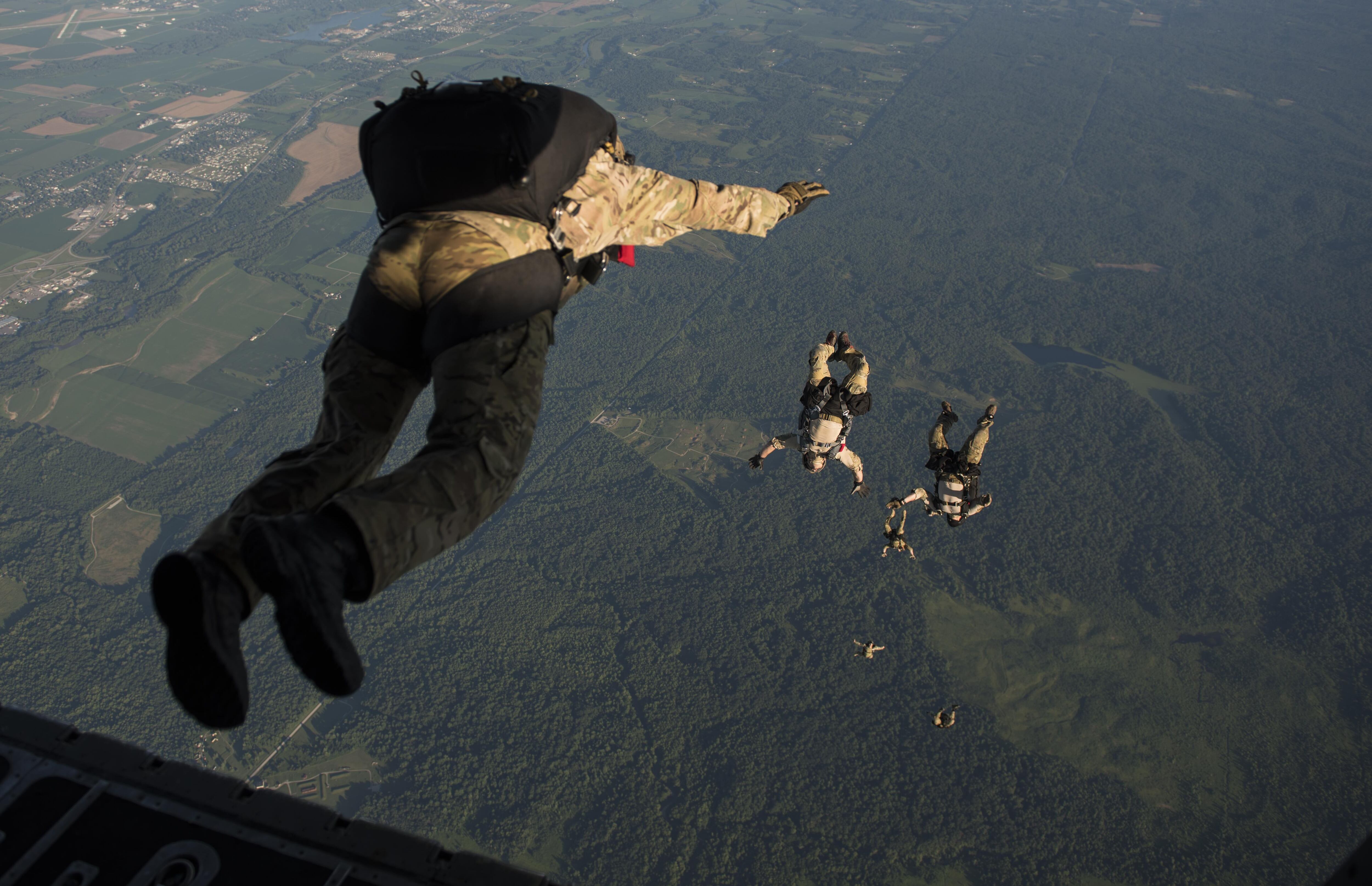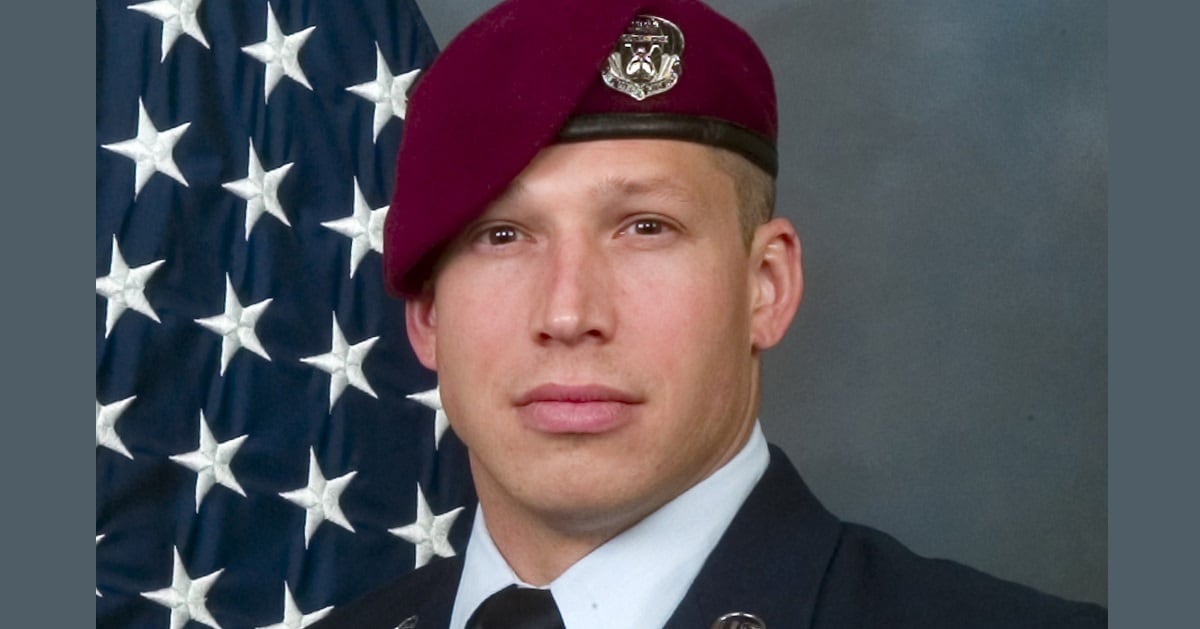A pararescueman who died in a mountain rescue training accident in Boise, Idaho, last October was pulled from the mountain after a team member’s anchor slipped out, according to a ground accident investigation report released Wednesday.
Tech. Sgt. Peter Kraines, 33, a special tactics pararescueman with the 24th Special Operations Wing, died in a fall at the Black Cliffs near Boise Oct. 8. He was originally from Albany, New York, and joined the Air Force in March 2011.
Kraines and the other four members of his team carried out several training climbs at the Black Cliffs that day before moving to the last climbing location for the day, the accident investigation report said.
The team reached the top of a cliff, set up anchoring systems to secure themselves, then planned to rappel down one by one. One teammate descended safely and disconnected from the system.
RELATED

The next climber clipped into the rappel line system and weight-checked the anchor to make sure it would hold. As he moved from the top of the cliff to the next level, he felt the anchor shift and asked Kraines if it was still secure. Kraines checked it, and said the shift was probably due to the addition of more weight, and that the anchor was likely gripping the rock more securely.
When this climber was about 15 feet from the ground, he felt the rope give slightly as a first piece of protective equipment came loose from the rock, and fell up to two feet. A second piece of protective equipment became unsecured, and then this climber fell the rest of the way to the ground. The climbers still up on the ledge heard a crash and a loud crack, the report said, and saw the anchor fail and be blown out of the rock.
The entire rope system fell. Kraines, who was still hooked into the rappel line anchor system, was pulled off the ledge and fell about 53 feet to the base of the cliff, the report said.
Kraines landed right next to his teammate on the ground. The team tried to deliver first aid to Kraines. But he appeared to have internal injuries including a possible collapsed lung, the report said. When the team contacted responders, they said they could not find a pulse.
Local emergency medical service personnel arrived and tried to resuscitate Kraines without success. He was pronounced dead at the scene.
The report did not place any specific blame for the anchor system’s failure and Kraines’ death. Investigators said there is no indication the rock climbing equipment malfunctioned, though a spring-loaded camming device that came loose was not able to be located.
Kraines was a military static-line jumper, a free fall jumper, a combat scuba diver, and was certified as an emergency medical technician, Air Force Special Operations Command said. When he joined special tactics, he was trained to immediately deploy into combat operations to conduct combat search-and-rescue and personnel recovery operations. He is survived by his wife and two children.
In December, prompted by the separate training-related deaths of Kraines and combat controller Staff Sgt. Cole Condiff, AFSOC suspended all of its parachuting, diving and mountaineering training and operations in conjunction with those investigations. AFSOC resumed those operations in May, after all units were recertified.
Stephen Losey is the air warfare reporter for Defense News. He previously covered leadership and personnel issues at Air Force Times, and the Pentagon, special operations and air warfare at Military.com. He has traveled to the Middle East to cover U.S. Air Force operations.





